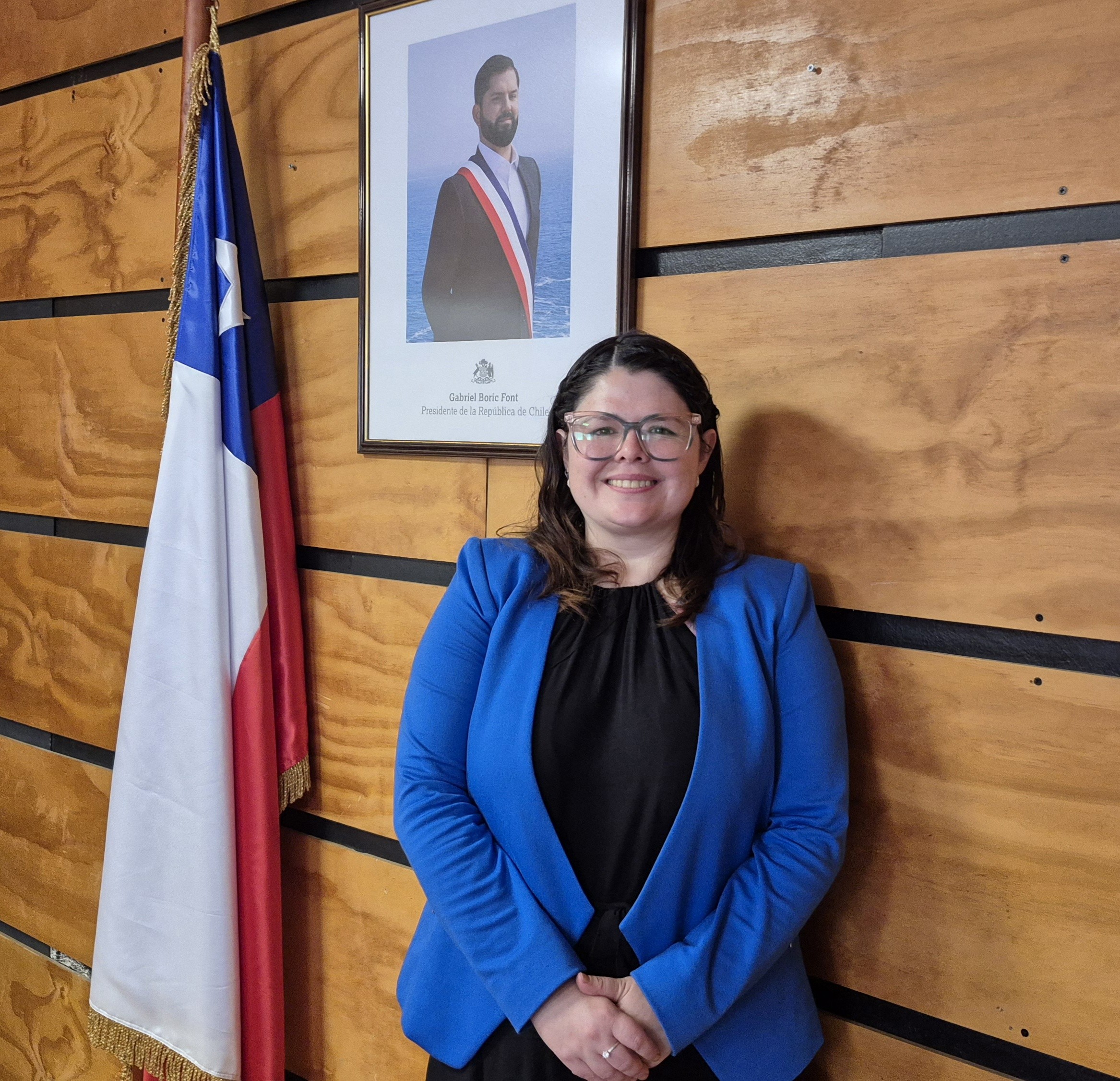
CATA researchers among the best in Chile according to international ranking Research.com
Four Chilean astronomers stand out for the fourth consecutive year for their publications in the field of physics, consolidating the presence of the Center for Astrophysics and Related Technologies at the international level.
For the fourth consecutive year, researchers from the Center for Astrophysics and Related Technologies (CATA) have been recognized in the international ranking Research.com as the most productive in the area of physics and astronomy in the country. Astronomers Franz Bauer (Universidad de Tarapacá), Dante Minniti (Universidad Andrés Bello), Ezequiel Treister (Universidad de Tarapacá) and Manuela Zoccali (Pontificia Universidad Católica de Chile) were included in this prestigious ranking.
The “Best Physics Scientists” ranking evaluates the impact of scientific publications based on bibliometric metrics until November 27, 2024. For this selection, only articles and citations within the specific discipline are considered, which gives special relevance to the recognition achieved by these researchers linked to CATA.
Dante Minniti, Principal Investigator of CATA and specialist in Exoplanets and Astrobiology celebrated this new distinction. “I am surprised and very happy to continue in this world ranking of researchers for so many consecutive years, where there are also more outstanding scientists from CATA, which indicates that we have a Center of excellence. Leading the number of publications from Latin America has special merit and is a great recognition of our collaborative work, which I happily share with students and colleagues from CATA and the Astrophysics Institute of the UNAB. Personally, this encourages me to continue working on the exploration of our galaxy in the infrared and also to continue looking for planets, which are my main activities”, emphasizes the astronomer.
For his part, Ezequiel Treister, Principal Investigator and specialist in supermassive black holes, stressed the importance of maintaining a constant flow and quality in scientific production. “Publications are the main product of our research, where new discoveries are presented in a massive way. That is why it is key to maintain, and ideally increase, not only the quantity, but also the impact of these papers.”
Treister also emphasized the growing role of artificial intelligence (AI) in astronomy. “We are living a true scientific revolution thanks to AI. The enormous volumes and complexity of data that observatories and simulations generate today demand the use of machine learning tools. In Chile we are behind, but we are making great efforts to catch up,” said the astronomer.
Franz Bauer, CATA Research Associate and also a specialist in supermassive black holes, once again leads the national ranking. For him, although these recognitions are valuable, they should be read with perspective. “It is a useful metric to evaluate productivity, but limited. It does not consider aspects such as software development, outreach or mentoring. Still, it is a good indicator of the impact of our publications.”
Bauer also agreed with his colleagues on the transformative role of AI, stating that “it is accelerating many aspects of research, increasing productivity and allowing more complex exploration. On the one hand, it can increase access to research, but on the other hand, it can also deepen the gap between those who have it and those who don’t,” the astronomer emphasized.
Messages for future researchers
Finally, the researchers delivered messages for those who are beginning their journey in astronomical research. For Dante Minniti “there will always be new discoveries to share because astronomy is a fertile field of research, and I also believe that it is a truly fascinating path for the new generations of astrophysicists in training”.
Ezequiel Treister highlighted the previous preparation, inviting the students to “to prepare themselves as well as possible for the great challenges ahead. At the same time, opportunities with unlimited potential are opening up for us.”
Finally, Franz Bauer concluded with a call to master the new tools of the scientific trade since “it is essential to learn how to interact with AI productively, as it is profoundly transforming the way we do frontier science”.
Para conocer el ranking completo, ingrese al link: https://research.com/scientists-rankings/physics/cl
Recent news
-
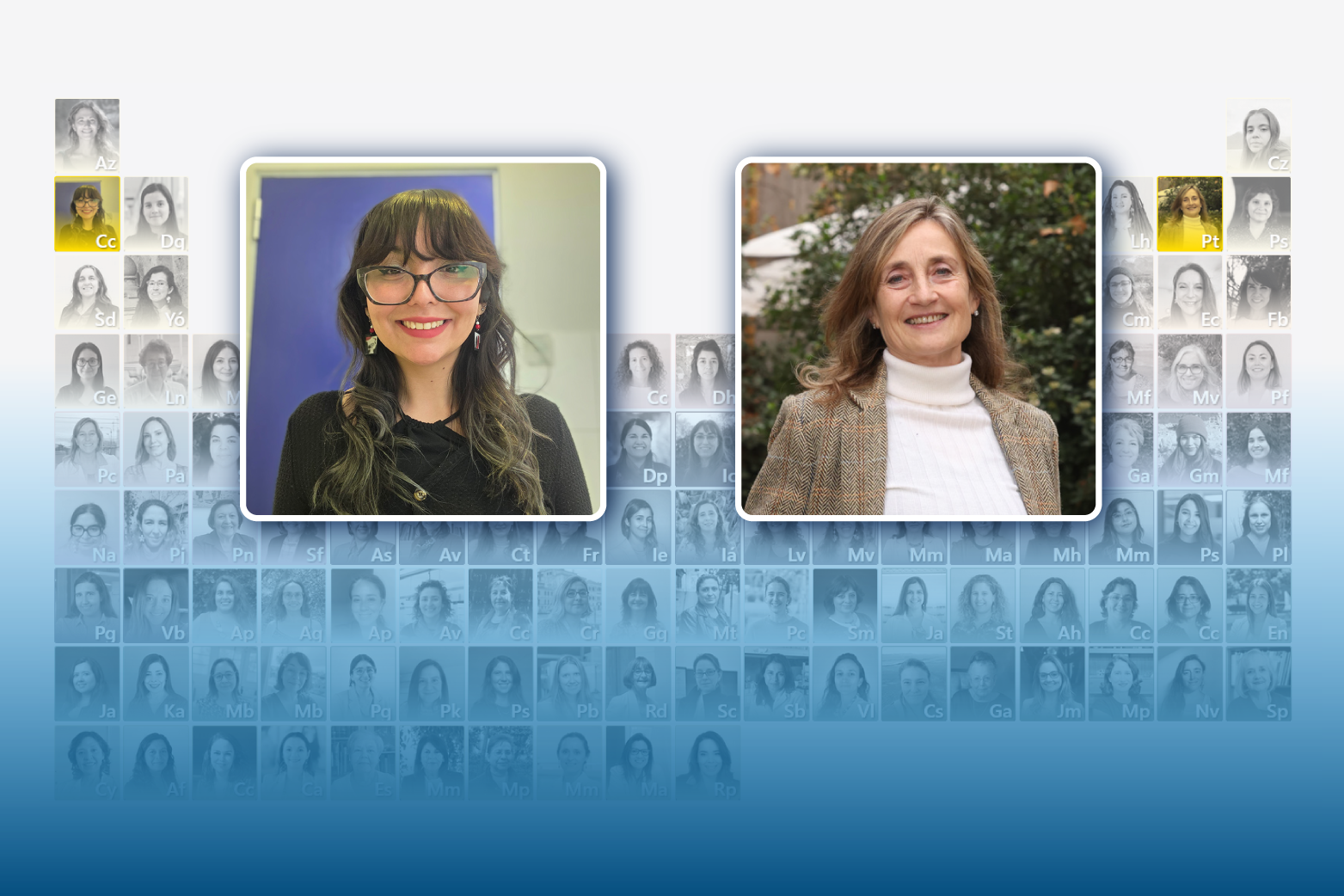 Publicado el: 17/02/2026The National Congress Library highlights CATA researchers in its second edition of Chilean Women Scientists
Publicado el: 17/02/2026The National Congress Library highlights CATA researchers in its second edition of Chilean Women Scientists -
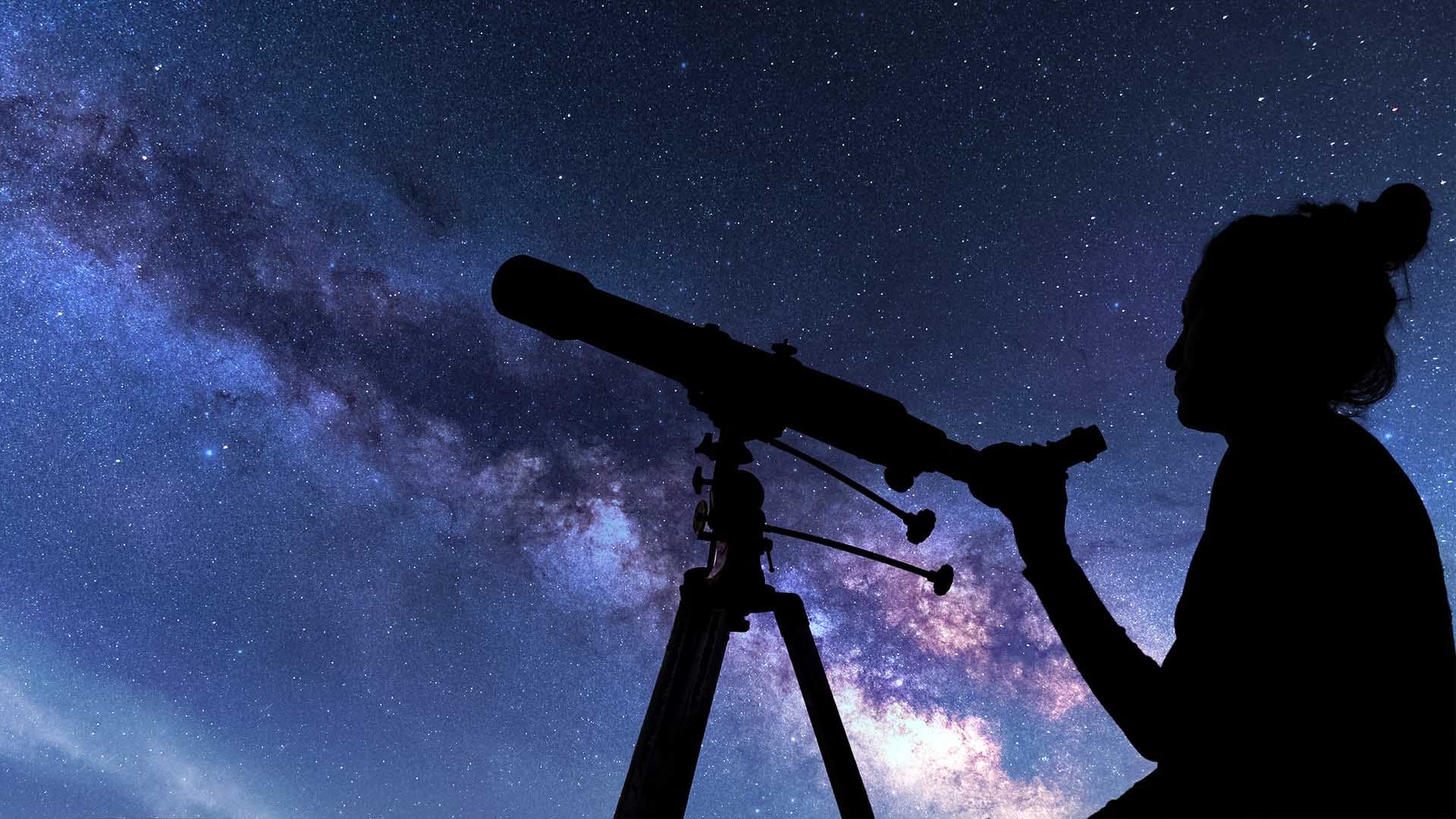 Publicado el: 11/02/2026Science with a woman’s face: gaps, vocations, and pending challenges
Publicado el: 11/02/2026Science with a woman’s face: gaps, vocations, and pending challenges -
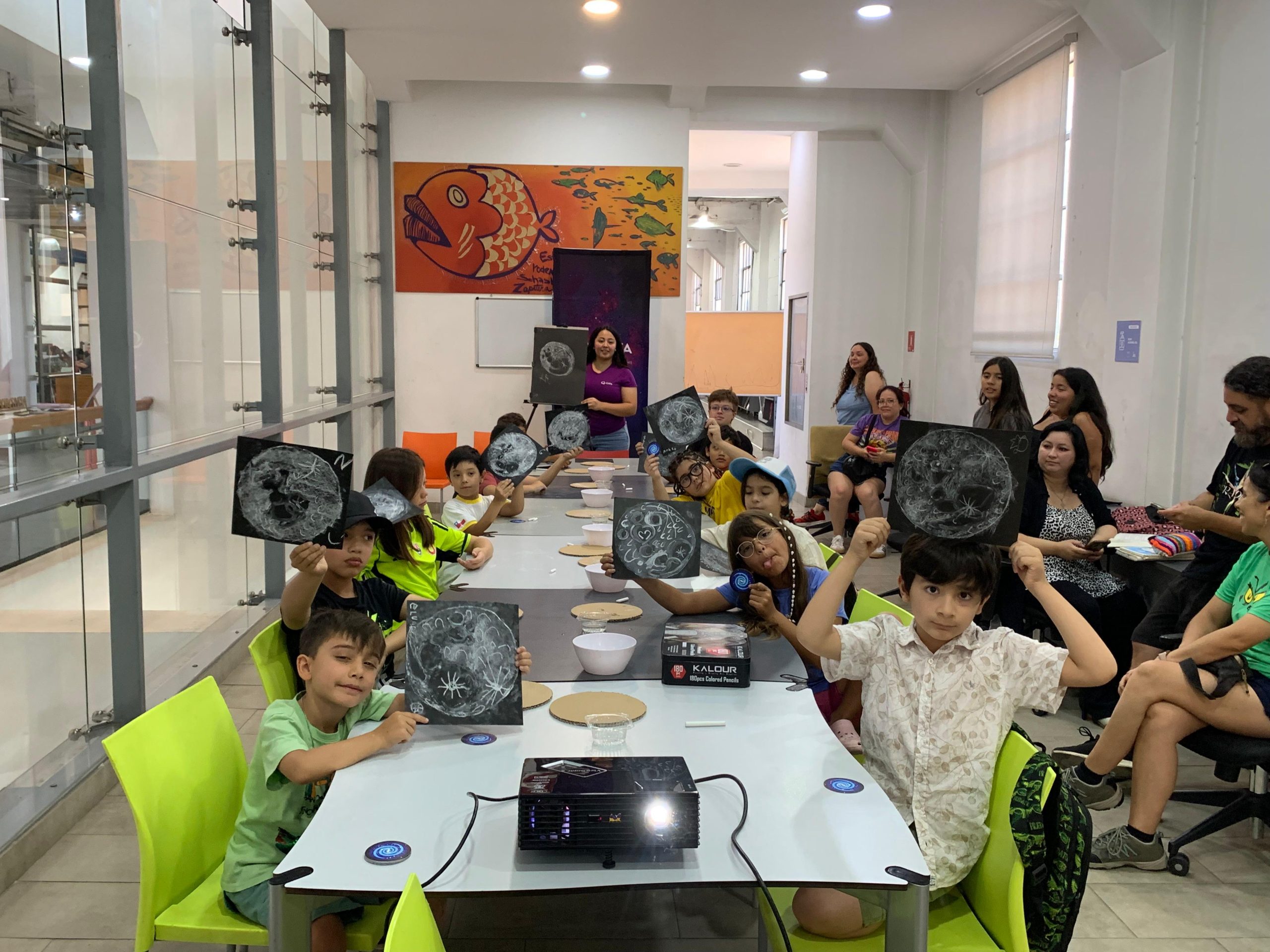 Publicado el: 09/02/2026Astronomy Day was held at the Santiago Library
Publicado el: 09/02/2026Astronomy Day was held at the Santiago Library -
 Publicado el: 30/01/2026Looking ahead to the next five years: Galaxies Area meets to share progress and strengthen research
Publicado el: 30/01/2026Looking ahead to the next five years: Galaxies Area meets to share progress and strengthen research -
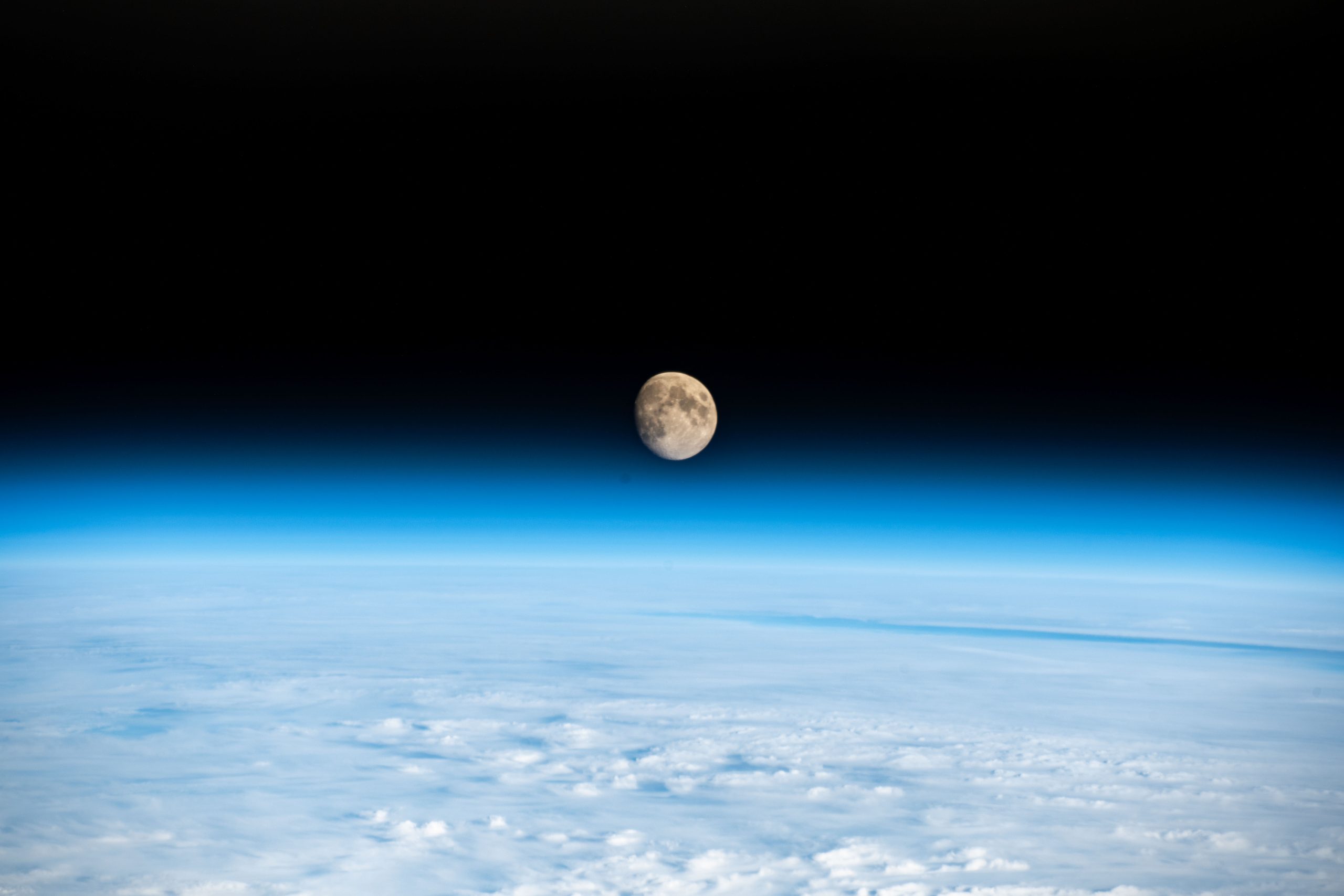 Publicado el: 29/01/2026Will Earth have two moons until 2083? The idea behind object 2025 PN7
Publicado el: 29/01/2026Will Earth have two moons until 2083? The idea behind object 2025 PN7
Categories list
- Acknowledgments 24
- Astrobiology 8
- AstroCluster 1
- Black holes 19
- Corporativo 62
- Cosmology 5
- Descubrimientos 25
- Disclosure 78
- Exoplanets 15
- Extension 6
- Galaxies 23
- Galaxies formation 7
- Inter y Transdisciplina 4
- Local Universe 17
- Publications 7
- Sin categorizar 36
- Solar System 24
- Stellar formation 8
- Technology 18
- Technology Transfer 20
